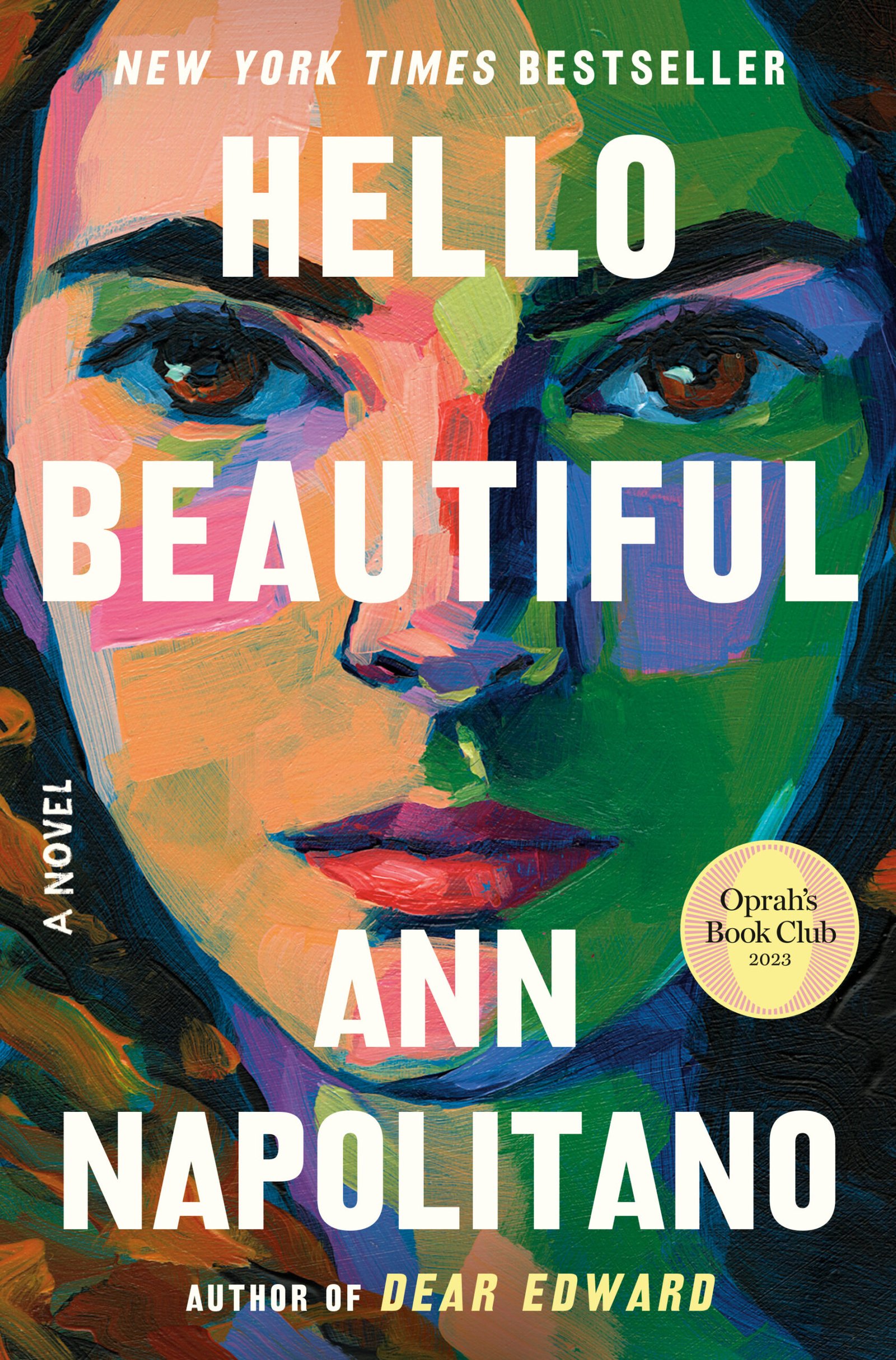Review of Hello Beautiful by Ann Napolitano
As I closed the final pages of Hello Beautiful, I felt the weight of its emotional landscape lingering in my heart. Ann Napolitano’s talent for crafting multifaceted characters and intertwining destinies pulled me into a family saga that felt both intimate and universal. This novel called to me, not just because of its vivid storytelling, but due to its exploration of love and loss, traits passed down through generations, and the complexities of familial bonds.
Napolitano spins a web of intricate relationships among the Padavano sisters—Julia, Sylvie, Cecelia, and Emeline—and their lives are as intertwined as the roots of a family tree. The story is anchored by William Waters, the male protagonist whose shadowy past shapes his journey in unexpected ways. The notion of a "shadow" is woven beautifully throughout the narrative. It becomes a metaphor for the parts of ourselves we lose, the people we become, and the emotional journeys we undertake to reclaim our true essence.
Throughout my reading, I found myself reflecting deeply on the nature of love—a theme that resonates profoundly in Hello Beautiful. Napolitano doesn’t shy away from the different shades of love: the unconditional affection between William and his best friend, Kent; the complicated relationships among the sisters; and the silent struggles of parental love. Each type of love comes with conditions and expectations, stirring the question: "Do we really choose who we love?" This question lingered with me long after I turned the last page.
What struck me about Napolitano’s writing style was her careful attention to character development. Each character feels distinct, yet their individual arcs are intertwined, leading to poignant moments that echo throughout the story. The heartbreak, the joys, and the secrets that lie beneath the surface add layers to the narrative, making every subplot relevant and every character’s choice meaningful.
The pacing was meticulous; it allows you to soak in every twist, every revelation. I found myself drawn into the book’s world, often taking quick breaks only to find my mind wandering back to the Padavano family. Their trials felt so palpable, showcasing the intricacies of sibling closeness and separateness, and the scars that can shape our identities. These themes hit home, reminding me that our pasts often dictate our present in ways we may not see right away.
Napolitano offers so many memorable lines, each one a reflection of her deep understanding of human emotion. One moment captured me: “William once had the thought that his fiancé (Julia) seemed to stride about the world with a conductor’s wand.” This was a beautiful way to illustrate how love can empower, yet confine, us as we navigate our lives. Similarly, I was moved by the line about Julia’s desire to break free from the codependency of sisterhood: “In Chicago, she was part of the paper chain of Padavano sisters.” It rings true for many of us who grapple with our identities within familial contexts.
I highly recommend Hello Beautiful to anyone who cherishes family sagas, intricate character studies, and profound explorations of love in all its forms. This book is not only a compelling read but also a catalyst for deep reflection on our relationships—both chosen and unchosen. It is a poignant reminder of the unpredictability of life, beautifully illustrated by the Padavano family’s journey, and it encourages us to acknowledge the shadows we carry as we strive for connection and understanding.
In short, Hello Beautiful is a remarkable novel that will resonate with anyone seeking to delve deeper into the complexities of love, identity, and the undeniable bond of family. It certainly left its mark on me, and I suspect it will on you, too.







